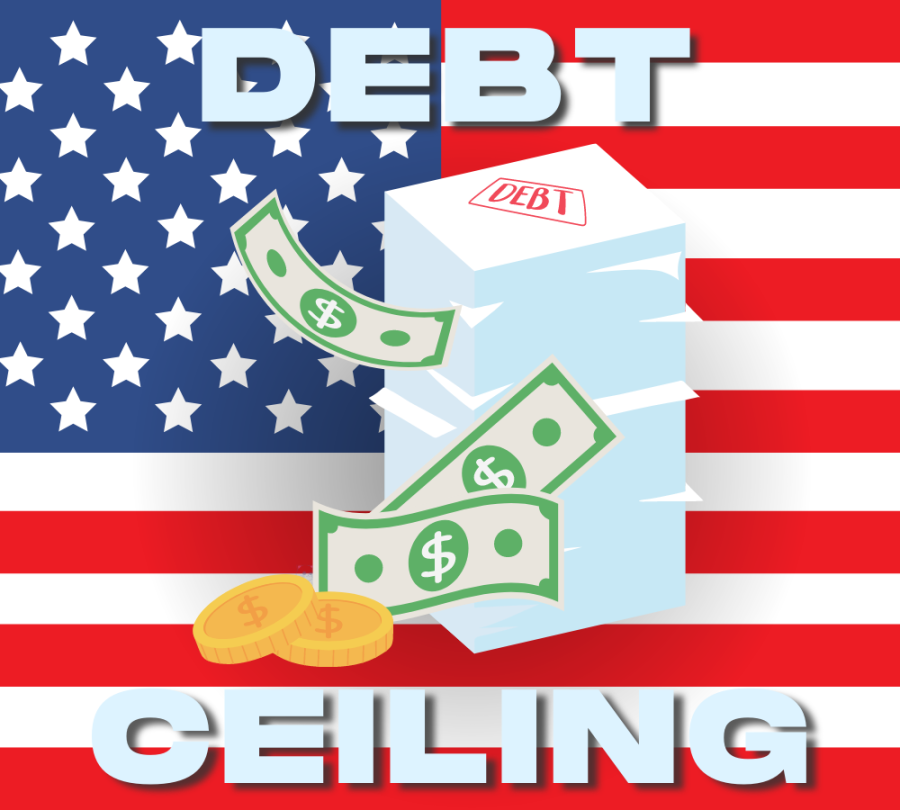The United States hit its debt ceiling on Jan. 19, beginning political negotiations to escape a possible economic crisis that could arise from the federal government’s inability to pay off debts.
The U.S. reaches the debt ceiling, beginning a political fight that could end in economic collapse. The debt ceiling is an agreed-upon limit to the amount of debt the country can take on.
“I respectfully urge Congress to act promptly to protect the full faith and credit of the United States,” Treasury Secretary, Janet Yellen, said in a letter to House Speaker Kevin McCarthy.
Yellen and other political leaders have called on Congress to raise the debt ceiling, preventing a default on national debts. If the U.S. defaulted, it would not be able to pay for projects that Congress has already approved, therefore breaking down trust in the dollar and possibly tagging along with other economic impacts.
“We need a different approach — no drawing lines in the sand and saying ‘it’s my way or the highway,’” Republican Speaker of the House, Kevin McCarthy, said regarding negotiations on the debt ceiling.
McCarthy and President Joe Biden began negotiations on a way to avoid a default on the nation’s debt, with McCarthy pushing for spending cuts. Biden and Democrats have stood against efforts to cut spending, especially voicing opposition to any cuts to social security or medicare.
“While no one really knows what would happen if you breach the debt limit, not many people would speculate that good stuff happens after that,” former treasury official, Christopher Campbell, said to New York Times reporters Jim Tankersley and Alan Rappeport. “It’s a cascade of how bad it gets.”
Economic experts generally agree that the U.S. defaulting on its debts would bring large negative impacts to financial markets, especially as it could break down trust in the U.S. dollar and reduce investments.
“The important thing to remember is that America must never default on its debt. It never has, and it never will,” Republican Senate minority leader, Mitch McConnell, said. “The very basic business of funding the government has become very controversial in my party.”


